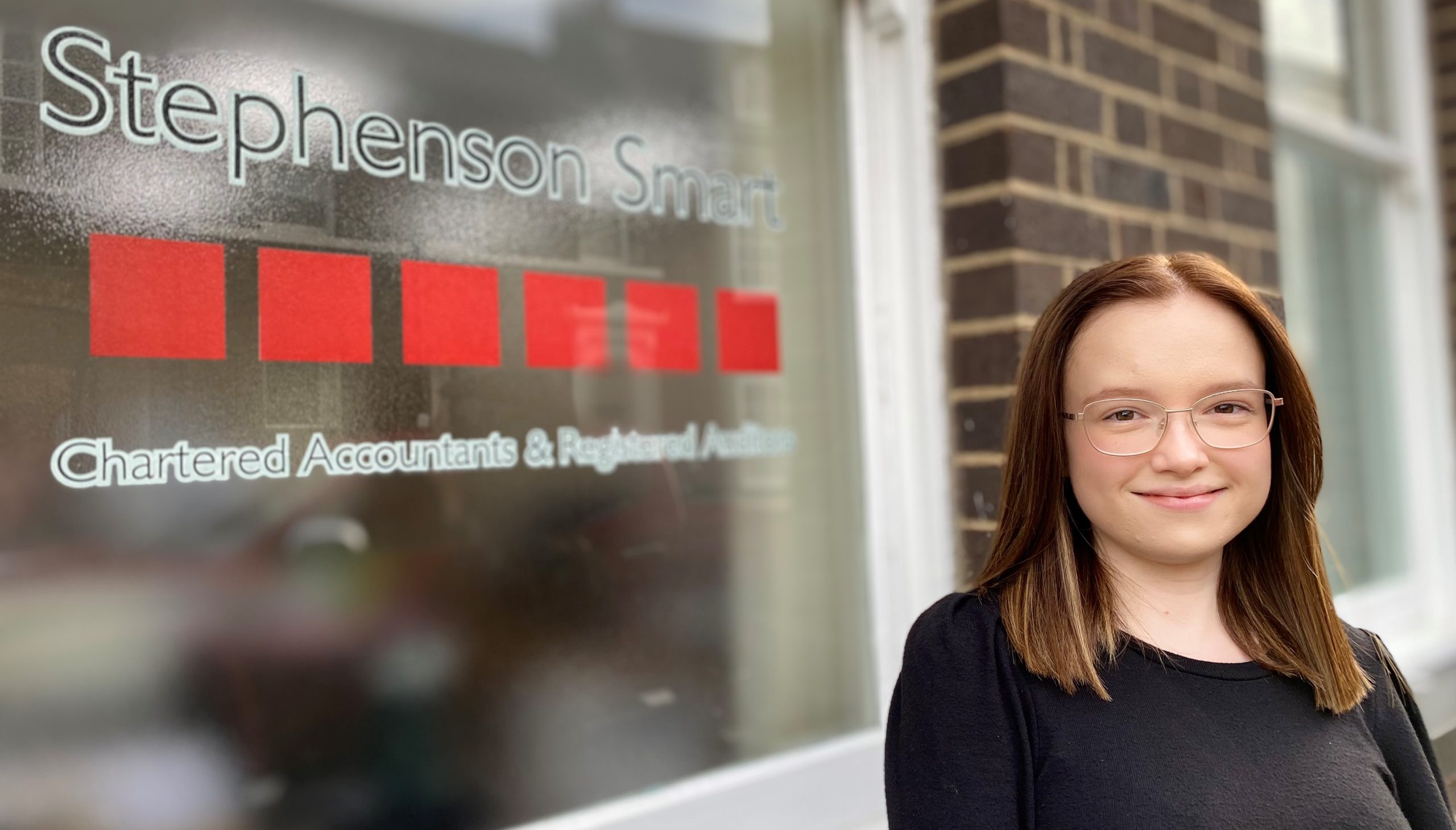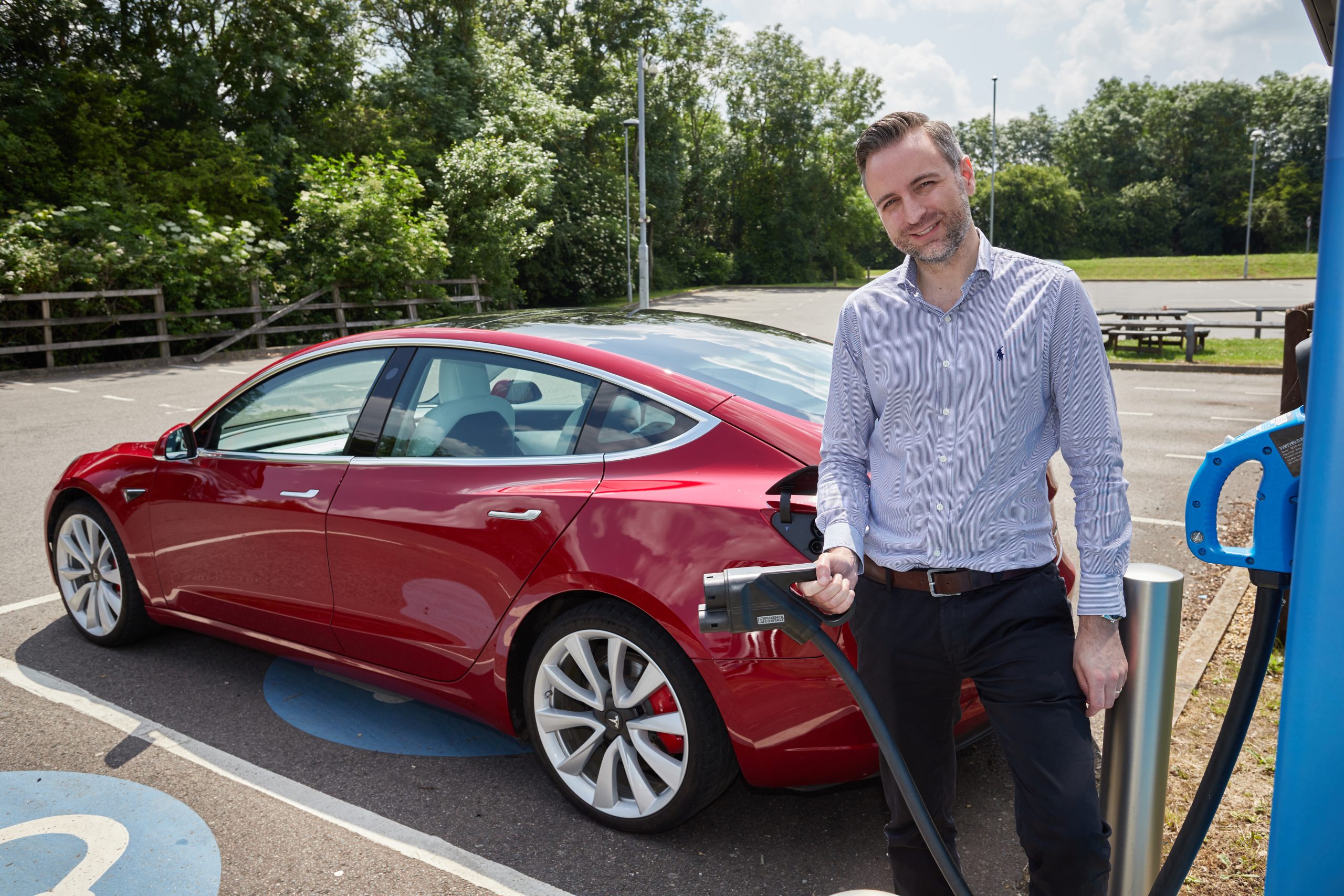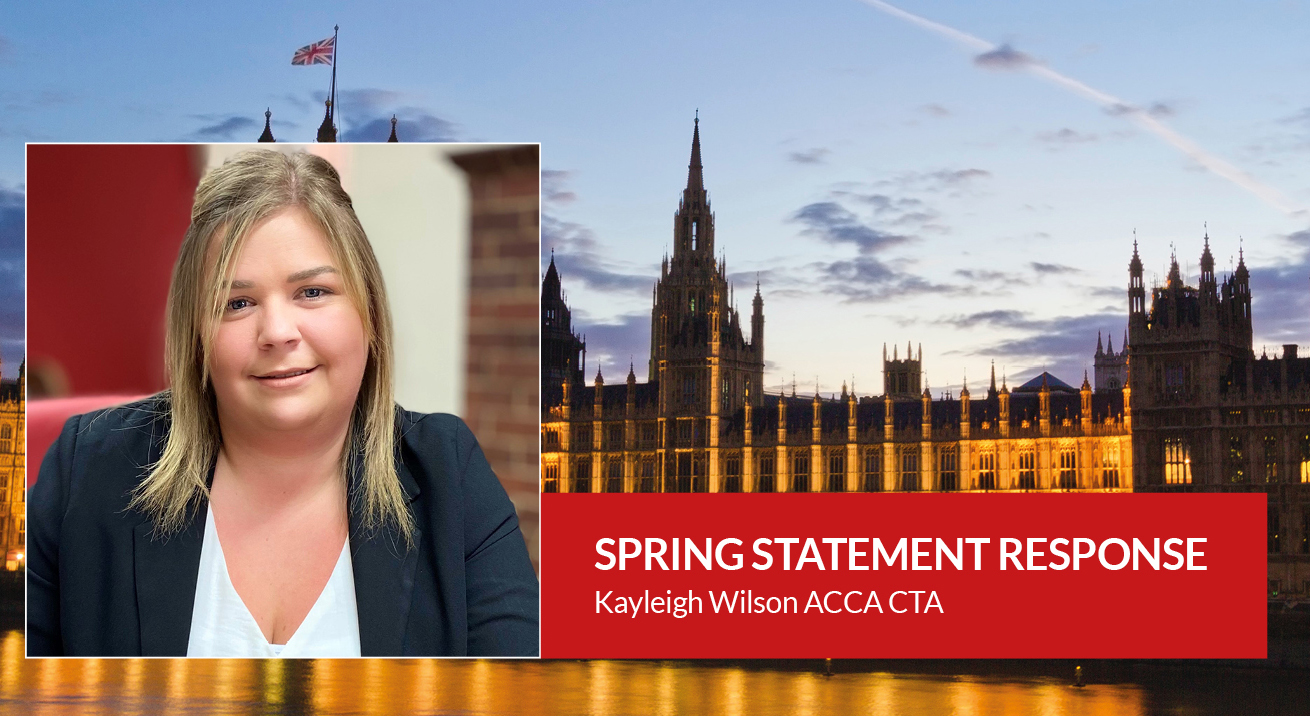24th March, 2022, Kayleigh Wilson
Spring Statement
Against a backdrop of rising inflation, Chancellor Rishi Sunak presented his first Spring Statement on Wednesday 23 March 2022.
The Chancellor announced a cut in fuel duty for petrol and diesel as he sought to ease the impact of rising prices for households and businesses.
He will lift the starting thresholds for National Insurance contributions (NICs) and also pledged a cut to income tax in 2024. However, the Health and Social Care Levy will still be implemented in April 2022.
For businesses, there is an increase to the Employment Allowance, as well as relief from business rates on a range of green technologies and help with training and the adoption of digital technology.
Increase in the National Insurance threshold and Lower Profit Limit
There had been speculation that the Chancellor would try and make some kind of tax cut to answer his critics that he was not doing enough to ease the cost of living rises. His solution was to announce an increase in the annual National Insurance Primary Threshold and the Lower Profits Limit in his 2022 Spring Statement, to take effect from July 2022.
Primary Class 1 contributions are paid by employees. To align the starting thresholds for income tax and National Insurance contributions (NICs) the threshold will increase from 6 July 2022 from £9,880 to £12,570.
The Lower Profits Limit is the point where the profits of the self-employed become subject to Class 4 NICs. From 6 April 2022 the Lower Profits Limit is increased to £11,908 and from 6 April 2023 the limit is increased further to £12,570.
In addition, there will be no Class 2 NICs on profits between £6,725 and £11,908. £3.15 per week is payable where profits are over £11,908.
Temporary increase in National Insurance rates
The temporary increase in National Insurance rates (the Health and Social Care Levy) will still come into effect from April 2022.
There will be a temporary increase in the rates of NICs payable for employees, employers and the self-employed as a transitional provision in readiness for the introduction of the Health and Social Care Levy from April 2023.
With the increase to the thresholds announced in the Spring Statement, from 6 July 2022 employees earning between £242 (£190 from 6 April to 5 July 2022) and £967 per week will pay NICs at 13.25%. Earnings over £967 will attract a 3.25% charge. Employers will pay 15.05% on their employees’ earnings over £175 per week.
Although employees’ NICs only become payable once earnings exceed £242 per week, any earnings between £123 and £242 per week protect an entitlement to basic state retirement benefits without incurring a liability to NICs.
For the self-employed, where their profits exceed £11,908 per annum, they will pay 10.25% on the profits up to £50,270 and 3.25% on profits over that upper profits limit.
Income tax reduction
The Chancellor announced the reduction in the basic rate of income tax for non-savings, non-dividend income for taxpayers in England, Wales and Northern Ireland to 19% from April 2024.
The change will be implemented in a future Finance Bill.
Fuel duty
A welcome measure announced in the Spring Statement to help all motorists – individuals, small businesses and hauliers – fuel duty for petrol and diesel is cut by 5 pence per litre across the whole of the UK. This measure took effect from 6pm on 23 March 2022 and is in place for 12 months.
Increased Employment Allowance
Employers are able to claim the Employment Allowance which reduces their employer Class 1 NICs each year.
In the Spring Statement, the Chancellor announced an increase from April 2022 of £1,000 for eligible employers to reduce their employer NICs by up to £5,000 per year.
The allowance can be claimed against only one PAYE scheme, even if the business runs multiple schemes. Connected businesses, such as companies under the control of the same person or persons, are only entitled to one Employment Allowance between them.
VAT on energy saving materials
The Chancellor announced a UK wide, time-limited zero rate of VAT from April 2022 for the installation of energy saving materials. This will apply to installations such as rooftop solar panels.
This is in addition to the extension of the VAT relief to include additional technologies and the removal of complex eligibility conditions.
Green reliefs for business rates
The government is introducing targeted business rates exemptions for eligible plant and machinery used in onsite renewable energy generation and storage, and a 100% relief for eligible low-carbon heat networks with their own rates bill. It was announced in the Spring Statement, that these measures will now take effect from April 2022, a year earlier than previously planned.
Spring Statement Summary
These are the main highlights of the Spring Statement announcements by the Chancellor. An above average amount of changes to allowances and tax bands for a Spring Statement, some of which come into play very soon and will have an immediate effect on calculations.
At Stephenson Smart we are specialists in helping people navigate their business and personal finances. You should contact us for advice before taking any action as a result of the contents of this response.
Related pages: Budget 2021

13th January, 2022, Melanie Harriss
In response to restrictions imposed, the government have announced Omicron Business Support available to firms in the UK.
Omicron Business Support: Local Authority Grants
The first in a package of Omicron business support is for firms in the hospitality, leisure and accommodation sectors, many of which have seen a decline in footfall and increased cancellations due to the Omicron variant. These businesses are able to apply for one-off grants of up to £6,000 per premises depending on rateable value, via their local authority.
Further funds are also being given to local councils to support other businesses impacted by Omicron, such as those that supply the hospitality and leisure sectors as well as personal care services, these will be administered as Additional Restrictions Grants by local authorities.
Businesses eligible for Local Authority Grants are those that offer in-person services, where the main service and activity takes place in a fixed rate-paying premises, in the hospitality, leisure and accommodation sectors.
This includes businesses whose main function is providing a venue for the consumption and sale of food and drink, those that provide facilities linked to recreation and entertainment, as well as businesses whose main premise is used for holiday accommodation.
In the areas that our offices cover, these can be applied for with North Norfolk District Council, Fenland District Council, Borough Council of King’s Lynn and West Norfolk and Great Yarmouth Borough Council.
Omicron Business Support: Statutory Sick Pay Rebate Scheme
Further Omicron business support comes with the reintroduction of the Statutory Sick Pay Rebate Scheme for coronavirus-related absences for small and medium-sized employers.
Businesses could be eligible for support if they employed fewer than 250 employees on 30 November 2021, and have paid Statutory Sick Pay (SSP) to employees for coronavirus-related sickness absences.
Up to two weeks SSP can be claimed, if employees have been paid at the relevant standard weekly rate of £96.35, for any eligible periods of coronavirus-related sickness from 21 December 2021. This is a new claims period.
Businesses could claim to cover the costs for up to two weeks of SSP for an employee who takes time off because of coronavirus, regardless of whether they have claimed for that employee under the previous scheme.
Omicron Business Support: Culture Recovery Fund
Additional Omicron business support is a further £30 million of funding being made available through the Culture Recovery Fund. These grants support cultural organisations that have been affected by the Covid-19 crisis to stay afloat, providing them with support to ensure that they can survive and stay open.
The funding is accessed via Arts Council England.
Omicron Business Support: Time to Pay
HMRC still has its Time to Pay arrangement in place. This can be accessed if you are facing difficulty in making a tax payment; you can make an arrangement to pay what you owe in affordable instalments.
In order to access this support you need to contact HMRC, as arrangements are made on a case-by-case basis.
Related articles: Bounce Back Loan Repayment

6th January, 2022, Melanie Harriss
If your business is struggling to recruit, offering an apprenticeship or traineeship scheme might be the answer and could make someone’s New Year!
Part of the government’s Plan for Jobs to help the UK economy recover from the covid pandemic includes support for employers to take on trainees.
There are different schemes available:
Kickstart Scheme
The Kickstart Scheme, which has recently been extended to March 2022, aims to create 6-month job placements for young people who are currently on Universal Credit and at risk of long-term unemployment. The job placements are aimed at supporting the participants to develop the skills and experience they need to find permanent work after completing the scheme.
For each Kickstart job, the government will cover the cost of 25 hours a week at the relevant National Minimum Wage in addition to pension and National Insurance contributions for a period of 6 month. Employers will also receive £1,500 per placement to cover set-up costs and provide wraparound support for the young person.
Traineeship scheme
Traineeships are skills development programme for people of all ages that includes a work experience placement and gets people ready for employment or an apprenticeship.
Traineeships can last from 6 weeks up to 1 year and may include individual support in various methods of securing employment.
Employers who provide opportunities through a registered traineeship can use the scheme to recruit new talent into the business or help develop the skills of exiting employees. A business can also benefit from an employer incentive of £1,000 when a work experience placement of over 70 hours has been completed. This incentive can be claimed for up to 10 learners per region and employers can decide how to use the money.
Apprenticeship scheme
Apprenticeships employ people to do a real job while studying for a formal qualification – usually for one day a week either at a college or training centre. By the end of an apprenticeship, most people have gained the skills and knowledge needed to succeed in their chosen career.
There are two ways of accessing government funding to support an apprenticeship.
If an organisation’s wage bill is £3 million per annum or more, the organisation will pay a levy of 0.5% of the wage bill. Levy paying employers get a £15,000 allowance per annum to offset against the amount they have to pay.
If an organisation’s wage bill is under £3 million, you don’t have to pay the levy. Instead, the employer agrees a payment schedule with a registered training provider and pays 5% towards the cost of the apprenticeship training to them directly. The government will pay the remaining 95%.
At Stephenson Smart we believe in nurturing talent within our organisation and have an active apprenticeship scheme. We currently have 24 trainees working across our six offices.
One of our youngest trainees is Bethany Little, who is based at our King’s Lynn office.
Bethany came to Stephenson Smart straight from high school to embark on her accountancy career.
“I came for a week’s work experience while I was at school and really enjoyed it. I am now studying for a joint ACA/CTA qualification which will mean that I will not only be a chartered accountant but also a chartered tax advisor at the end of it.”
One of our newest trainees is Deborah Robinson, who is based at our March office.
Deborah, who grew up in Stevenage, moved over to train in accounting after a successful career in the equestrian industry running a riding school. Deborah said:
“I came to a bit of a crossroads and thought it would be good to try something else and after spending so long working outside an office with a roof over my head seemed quite appealing! I’m really enjoying it and everyone has been lovely and supportive, so I’m looking forward to learning and progressing.”
After successfully completing her AAT qualification, Deborah has now started the next stage of her study, ACA qualifications through the apprenticeship route.
Chris Goad, partner at Stephenson Smart’s March and Wisbech offices, commented:
“We have always had a strong apprenticeship scheme at Stephenson Smart and find great rewards in hiring new talent and nurturing them to become accounting professionals.”
“If your business, like many others, is struggling to recruit, offering a traineeship or apprenticeship scheme might be the answer.”

4th November, 2021, Chris Goad
The pressure to be eco-friendly impacts every aspect of our lives and is also fast becoming the case with regard to the vehicles we drive.
In addition to helping the planet, and not having to queue at pumps, there are significant financial benefits to driving electric vehicles.
In 2019 Chris Goad, partner at Stephenson Smart’s Wisbech, March and Downham Market offices, made the decision to switch his company vehicle to a Tesla.
“It is most certainly the best decision I have made in terms of my business travel, but also my family travel, said Chris. “I think there’s quite a lot of misconception when it comes to buying electric vehicles. These include the expense of running one, the concern over charging points and the mileage ranges. The reality isn’t confusing or daunting.”
Tax benefits of owning electric vehicles
In April 2020 it was announced by The Treasury that it had introduced a zero Benefit In Kind tax rate for pure electric company cars in 2020/21.
The Government has also committed even further by keeping these rates low for company cars until March 2025, with the Benefit In Kind rate increasing to 1 per cent during 2021/22 and by 2 per cent in 2022/2023 – staying that way until 2025.
Zero emission cars are also exempt from Vehicle Excise Duty until at least March 2025.
These plans form part of a roadmap to end the sale of new diesel cars and vans by 2030, signalling some huge savings for all.
The roadmap also points out that companies and unincorporated businesses are eligible for enhanced capital allowances when buying a new zero emission car for business use.
This means 100 per cent of the cost of the car will be written off against the taxable income of the period in which it was purchased.
The benefits don’t just end with an electric car, there’s also now a taxable benefit for having the private use of a zero emissions van and if you fancy two wheels rather than four an electric bicycle will still qualify for the Cycle to Work Scheme.
This means it can be provided without Benefit In Kind arising, providing the rules are followed to comply with the scheme.
Charging electric vehicles
Mileage ranges have now increased with many new models offering a range approaching around 300 miles, putting any fears of not having enough fuel in the tank to bed.
To date there are more than 42,000 charge point connectors across the UK in over 15,500 locations, which equates to more public places to charge than petrol stations.
With the steady rise of charging points, more EV (electric vehicle) users are also choosing to install their own charging points at home.
After initial installation, it’s proving to be the cheapest time to recharge, and the most convenient.
Chris said: “I don’t ever worry about charging the car because I have a home charging point in my garage. If we are going on holiday I can easily find somewhere to charge using an ap called Zap Map, which is so easy to navigate.
“It can help you plan journeys and search for charging points so you haven’t got to worry about when or where you can stop. We have been to Cornwall in our EV and also into France and we just charged up along the way.”
Businesses can also do their bit for the grid too by signing up for Vehicle to Grid (V2G) technology, allowing an EV to be charged to store excess renewable energy production, which can be discharged to feed energy back to the electricity network when it is most needed.
And if you switch to a specialist electricity tariff while charging up at home off-peak, you could reduce your electricity bill from 12p-15p/kWh to 4.5p-5p/kWh at night.
Chris said: “A lot of people don’t initially consider the savings they could make with their electricity bills. As we charge up at home we switched to a new tariff, which gave us some massive savings.
“I think being educated and aware about electric vehicles is really important as we are moving towards a greener future. There are so many advantages to a business by making this type of investment, I certainly wouldn’t go back to diesel or petrol now.”
If you would like guidance on how switching to electric for company vehicles can help the environment, and your balance sheet, please get in touch.
Profile: Chris Goad BFP FCA

7th September, 2021, Melanie Harriss
Update: The date for self-employed businesses and landlords with annual business or property income above £10,000 to follow the rules for Making Tax Digital has been moved back to 6 April 2024.
Landlords: Are you ready for Making Tax Digital?
Making Tax Digital is a new way of working that sees the government calling upon taxpayers to report their income and expenses via digital software.
At present it only applies to VAT registered businesses with a taxable turnover above the £85,000 VAT registration. However, self-employed businesses and landlords with annual business or property income above £10,000 will need to follow the rules for Making Tax Digital for Income Tax from their next accounting period starting on or after 6 April 2023.
This means that any type of landlords, including but-to-let and furnished holiday lets, with an annual turnover above £10,000 will be required to keep income and expense records digitally and submit their tax return directly to HMRC using compatible software.
Cloud accounting software for Making Tax Digital
There are many affordable cloud accounting software options available to individuals and small businesses such as Xero, QuickBooks, Sage Accounting or FreeAgent.
These cloud accounting software solutions are user friendly. They streamline the recording and reporting process and synch with your business bank account – all via an app on your phone or tablet.
Cloud accounting solutions use bank feeds to import live data, this reduces the time needed to undertake manual data entry. They are easy to use on the go and can improve the cashflow of your business. This can, in turn help in making crucial business decisions as there will be a better picture of finances with the real time information.
It is understandable that you may be unsure of these big changes, but businesses must ensure their data is accurate and compliant with the new legislation. There will be a penalty regime introduced by the government for late submissions and late payment of tax.
The deadline for landlords may seem a long way off but it is good to forward plan and may mean you get a better deal from the cloud accounting software provider you choose to use.
We have specialist knowledge and accreditations to support our clients with their Making Tax Digital obligations.
Get in touch with us now if you would like to discuss how to prepare for the digital future.
Related articles: Furnished Holiday Lettings
Page 3 of 5





